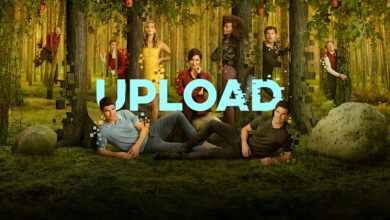The Agency Series Review: Showtime’s Story of Spies in Which Realism is the Master
The Agency Series Review: The Agency is the series on which Showtime focused most at the end of 2024, with a considerable production effort, which shines through the involvement of George Clooney in the production phase and the remarkable cast made available to the showrunners Jez Butterworth and John-Henry Butterworth: Michael Fassbender, Richard Gere, Jeffrey Wright, Jodie Turner-Smith and Katherine Waterston are at the center of a twisted and dark maze of mysteries, betrayals and false tracks, between America and Eastern Europe. Far from the traditional canons of the genre, which often emphasize spectacular action and high-adrenaline missions, this show chooses a more intimate and reflective approach.
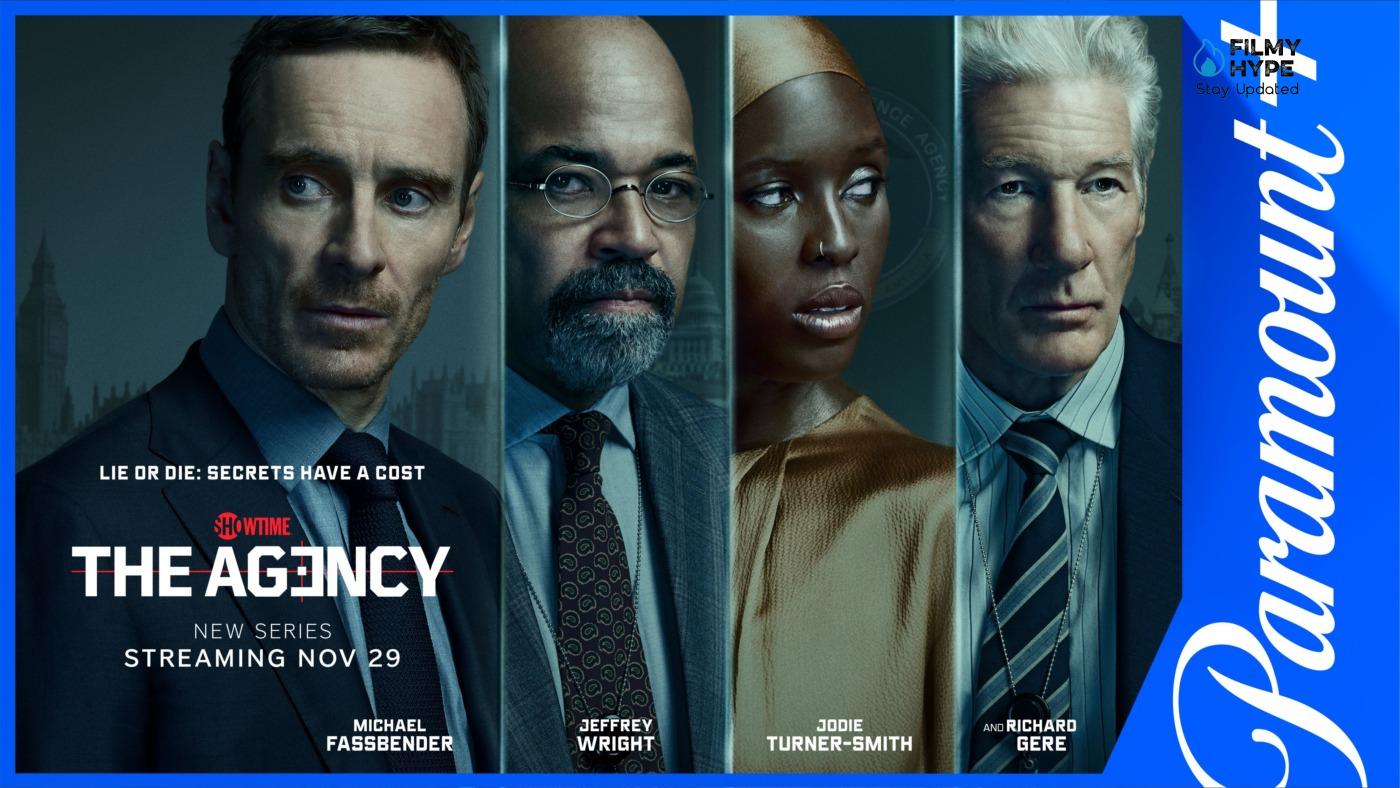
Adaptation of the famous French show The Bureau (Le Bureau des légendes), the series explores the human and psychological cost of secret lives led by undercover agents. Far from being a linear and predictable narrative, The Agency stands out because it questions the myth of glamorous and invincible espionage, offering a raw and complex portrait of those hiding behind the missions. An adage now famous by Batman Nolaniano read: “Either die as a hero or live long enough to become the bad guy”. We could apply a concept similar to undercover agents, who often forget their real identity if they live for too long in disguise, so much so that they no longer want to go back and, at times, even go to the other side of the barricade. Based on this concept, was based on Le Bureau – Undercover, the successful French series for five seasons until 2020.
The Agency Series Review: The Story Plot
The Agency arrives on Showtime drawing inspiration from the original “Eric Rochant’s The Bureau”, a French espionage series capable of becoming a real phenomenon in the last decade. It must be said, however, that from the beginning Jez and John-Henry Butterworth, the two showrunners, operate a clear detachment by setting, style, and purpose compared to the French series, guiding us in a scenario perfectly connected to the dramatic situation of today’s geopolitical chessboard of our days. If in the original series Matthieu Kassovitz played the protagonist, in The Agency we have Michael Fassbender, particularly in part, always halfway between mental efficiency and vulnerability, as the CIA agent Martial. Martial has been in Africa for six years, consistently with his profession, a double identity was built, a double life, which also included the beautiful and sophisticated Sami Zahir (Jodie Turner-Smith), a university professor from Nairobi.
However, it all ends when from the Pentagon he is told to return to London within 48 hours and cut all ties. The reason is simple: an undercover CIA agent got drunk and got arrested in Germany and may have revealed fundamental information regarding CIA operations in Eastern Europe, particularly regarding Belarus and especially Ukraine. Martial is commissioned by his superiors to train and prepare Danny (Saura Lightfoot-Leon) for another agent to infiltrate. He will have to deal, together with his superiors Bosko (Richard Gere) and Henry (Jeffrey Wright), with the possibility that the entire operation of The Agency has been compromised on the European chessboard, right now that the war in Ukraine is at its peak. However, he feels he does not enjoy the complete trust of The Agency, while his relationship with his daughter Poppy (India Fowler) is increasingly tense and to make matters worse, Sami suddenly returns to his life. Between mysteries, false tracks, and twists, Martial will be forced to question everything he thought he knew.
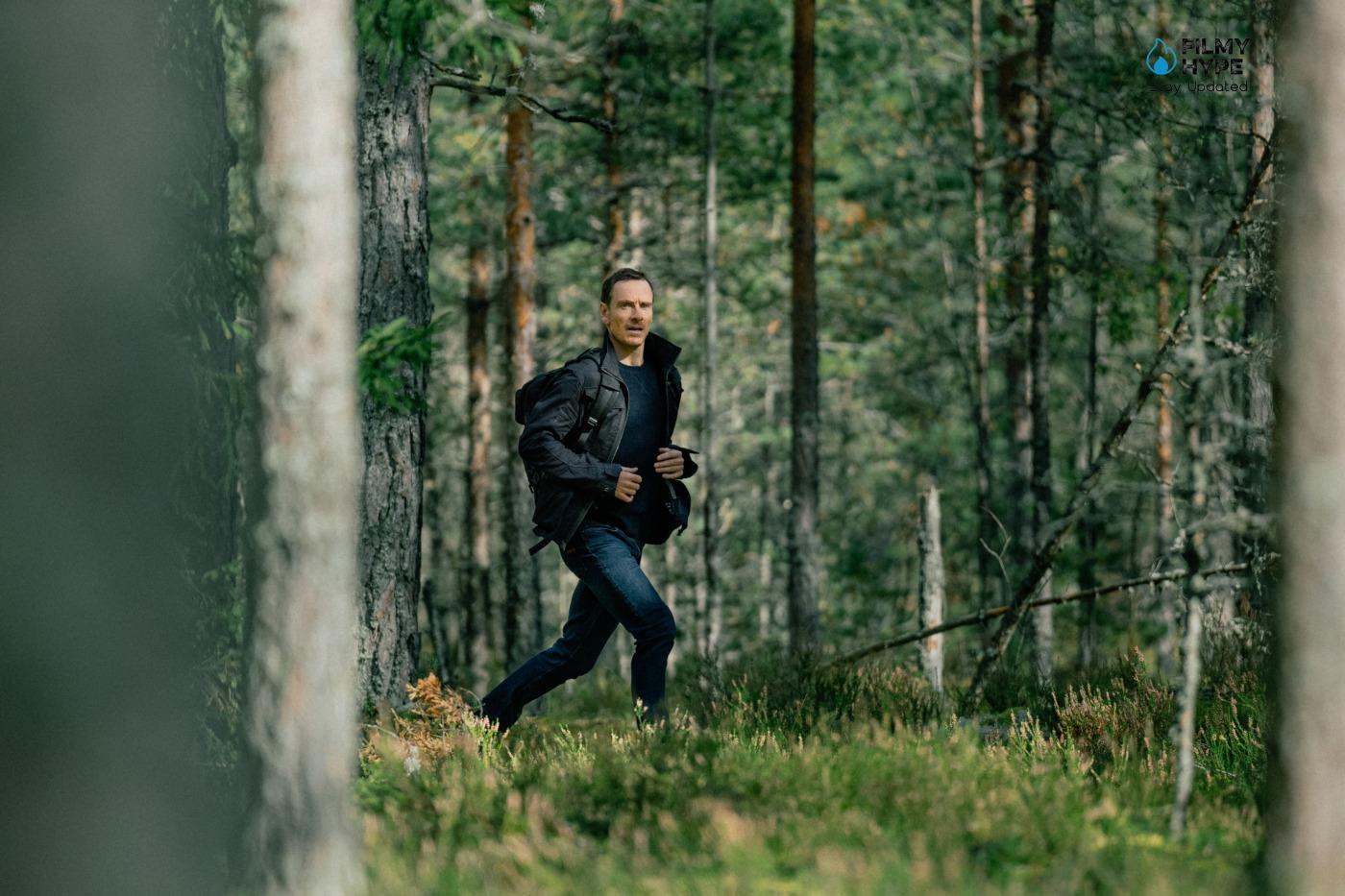
The concept behind the Showtime series is simple and at the same time very effective for telling a subset of the vast and fascinating world of espionage, namely those undercover spies. All the while, therefore, we do not know who to really trust and also the point of view of the protagonist from whom we are told the beginning of this “mission” we are not sure that this is so super parties. The same goes for people who end up interacting with him. There is infiltrate syndrome or being so much inside one double life to want to threaten the old woman and make her disappear. It seems crazy and yet it happens for the psychological game danger put in place, especially if for many years you end up interpreting someone else, just like an actor or an actress, risking forgetting yourself.
The Bureau (Le Bureau des légendes) is the main French external security service, responsible for training and managing undercover agents on long-term missions in areas with French interests, intending to identify and recruit good sources of intelligence. But what happens when the heart wins over reason? In Martian (a name chosen not by chance, Martian and therefore away from himself), a secret CIA agent is ordered to abandon his infiltrated life and return to London station. When he chooses not to leave love in the past, he triggers a dangerous game putting work and private life, his true identity and mission at risk, ending up during a series of international intrigues.
The Agency Series Review and Analysis
The Agency has a fairly interlocutory beginning, it certainly forces the viewer to be patient, because the choice in terms of rhythm, atmosphere, and setting is very distant from the size of sagas such as those of 007, Mission Impossible, and also of Jason Bourne. We are more from the parts of what were such pearls as “Spy Game” or “The Three Days of the Condor”, with a search for absolute likelihood and realism, confirmed by the possibility of tracing the operating methods and the intricate maze of tactics, strategies and the philosophy of the real CIA itself. Waves for which, The Agency does not give that adrenaline that perhaps one would expect, also because it initially focuses on outlining the personality of the protagonist. Michael Fassbender makes it mechanically efficient at the same time, and together rebellious to the collateral aspects of his profession, on the whole, the impossibility of having a normal sentimental and family life, of being able to truly plan his existence.
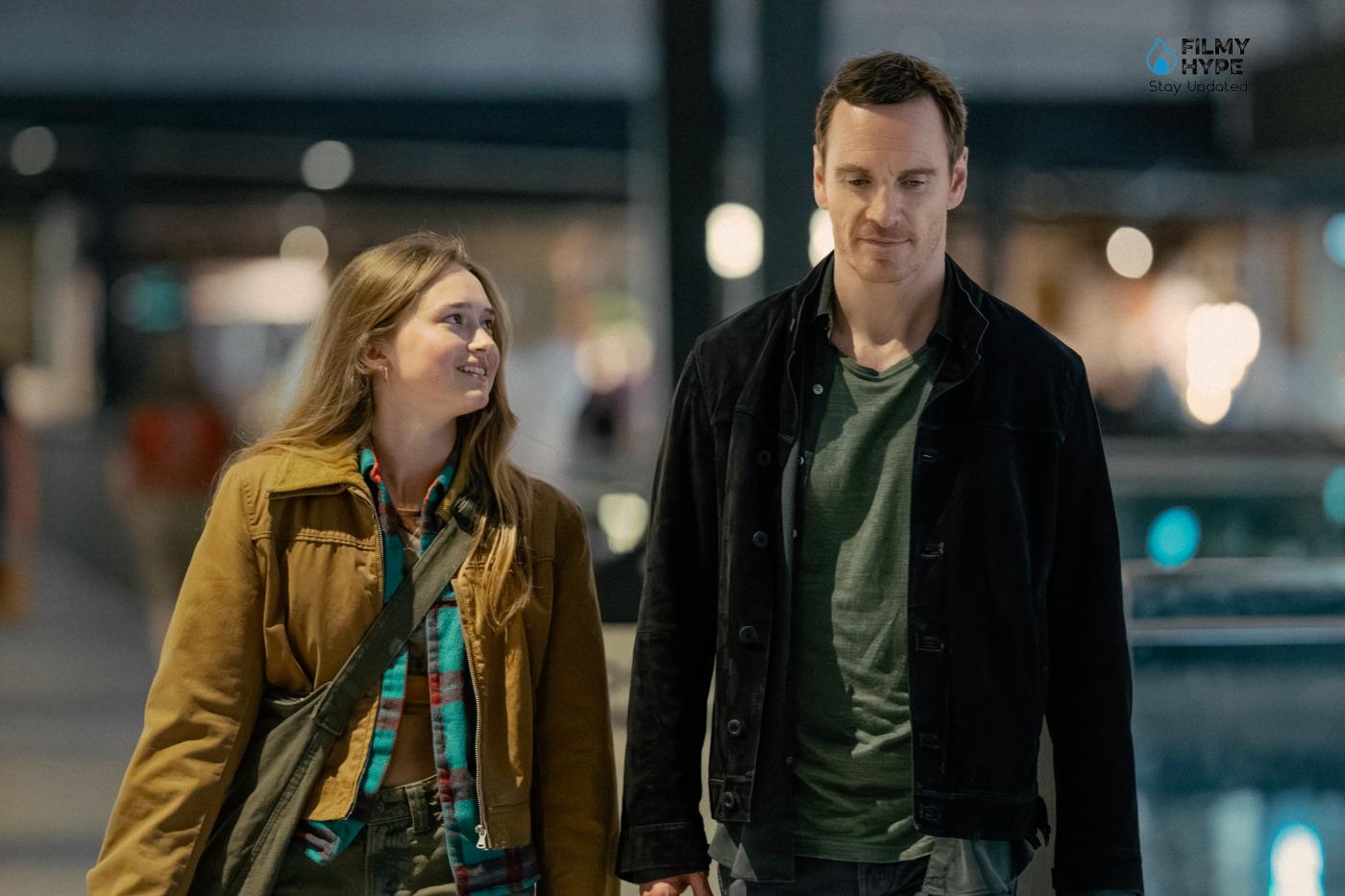
His CIA is made up of dark analysts, bureaucrats, and information-gathering and analyzing workers, there are no real friendships, as we don’t see spectacular gadgets, elegant clothes, or fatal women. But already from the second episode, all this has become the greatest resource of a series that speaks to us of our complicated world, of a universe of spies that infiltrate everywhere and are invisible, of how nothing ever seems to be. Compared to a TV series like “Lyoness”, here we focus more on working in the shadows, behind the scenes, on the existence of a labyrinth of masks, false identities, the disturbing nature of a decision-making dimension in which politics is seen as a nuisance, even a danger. The result, therefore, is not for everyone, this is the strength and limit of The Agency at the same time. Certainly, its nature as a psychological thriller, with references to the classicism of the genre of the past, promises to give something really interesting, in which the memory of what the genre in the 70s on an authorial level returns to dominate clearly.
One of the key themes of The Agency is the conflict between personal identity and professional needs. Martian struggles to balance his father’s role for his teenage daughter Poppy (India Fowler) and his dedication to work. In the meantime, the relationship with his supervisor Naomi (Katherine Waterston) is enriched with ambiguous and unspoken nuances, highlighting the weight of the secrets that every agent is forced to bring. The dynamics between the various members of the London CIA, among which Jeffrey Wright stands out in the role of Henry, responsible for strategies, and Richard Gere as the head of the Bosko office, add layers of complexity to a narrative that is not afraid to question the loyalty and the moral limits of his characters.
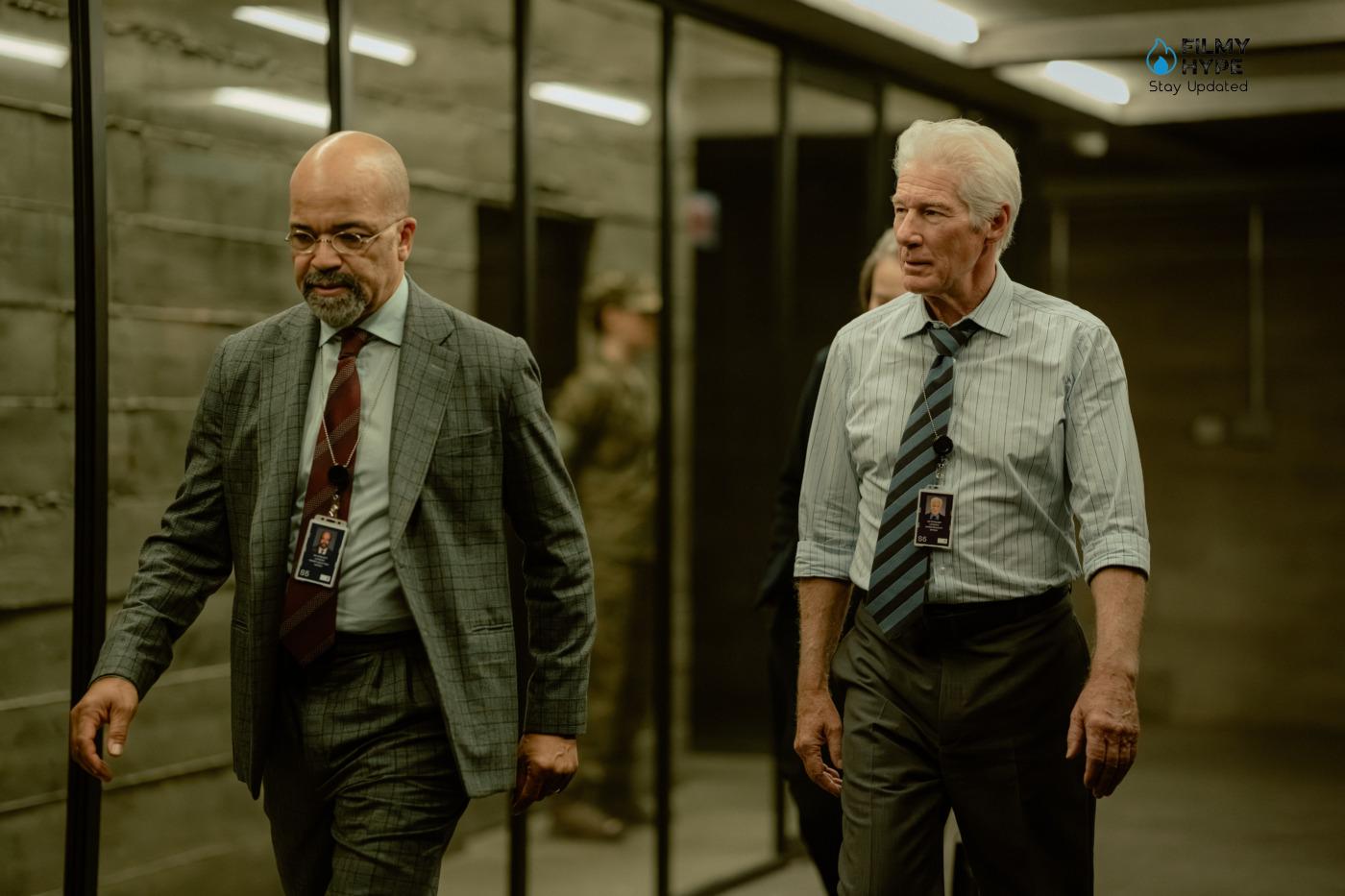
The strength of The Agency also lies in its choral cast. Each character, from the expert Naomi to the young recruit Danny (Saura Lightfoot-Leon), contributes to building a layered narrative universe. Danny, in particular, represents the new generation of agents, showing the trauma of abandoning their identity to enter a world of dangerous fiction. This contrast between experience and innocence, between past and future, offers fertile ground to reflect on the price of joining a ruthless system. Under the direction (among others) of Joe Wright, The Agency uses a refined direction to emphasize the dualism of the lives of its protagonists. The memories of the mission in Ethiopia are represented with vibrant and vivid colors, in stark contrast to the dark and gray atmosphere of London. This chromatic game becomes a visual language that amplifies the distance between what Martian has lost and what he is forced to face.
At the same time, the series excels in transmitting a feeling of constant surveillance and paranoia, underlining how precarious the life of an undercover agent is. Despite its many strengths, The Agency is not without defects. The first episodes, albeit fascinating, oscillate between different atmospheres and narrative rhythms, sometimes at the expense of overall consistency. The first episode focuses entirely on slow but deep immersion in the world of Martian, while the second accelerates the rhythm with more adrenaline-fueled sequences and the third focuses on explanatory dialogues that risk weighing down the plot. This lack of homogeneity could be confusing for some spectators but suggests a potential that, if developed, could consolidate the identity of the series. The Agency is a series that dares to break with espionage clichés, offering a more intimate and human look at a job that rarely allows its protagonists to be entirely themselves. With a cast of the highest level and a direction that knows how to play with the shadows and lights of the lives of its characters, the show presents itself as an engaging experience, even if not yet fully mature.
To the young agent who is called to train for undercover work abroad, Martian says – without words – that to guarantee his security you cannot rely on anyone other than yourself. He speaks with the voice of experience, has been many years away, and has accumulated valuable knowledge, but he is the first to break the rules. Involvement with Sami (Jodie Turner-Smith, Bad Monkey), of which Naomi is naturally aware, goes beyond what Martian shared with The Agency. Mind, several times, is aware of putting yourself in a problematic situation. The fact that it acts in this way despite the long experience accumulated, speaks volumes about the depth of Martian’s feelings and the role of imperfect human feelings in the plot.
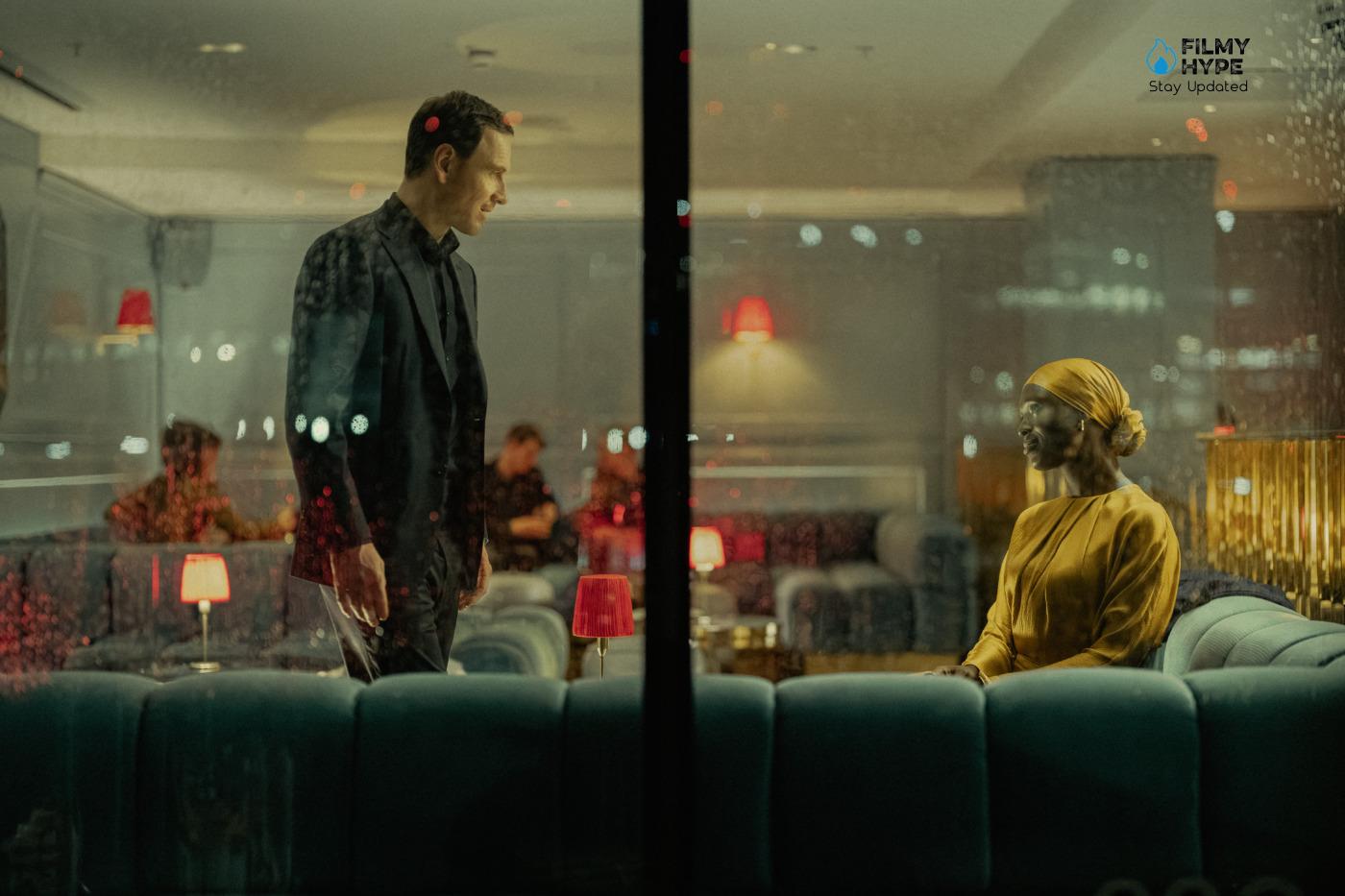
The emotional involvement during an assignment to acquire information and contacts is always very dangerous. Martian knows it. Perfectly. But Paul – the fictional character, the professor who has long represented his coverage – seems to ignore it. Breaking the protocol, several times and not even perfectly, means that Paul runs the risks that Martian would avoid like the plague. So here is that to ensure everyone’s safety, the protocol has strict rules. And from the beginning, it is clarified how incompatible the protocol and humanity of the agents are. After a lifetime of stories in which spies acted like machines, loving and living without regrets, already with James Bond by Daniel Craig things started to change. Because in the contemporary world, the importance of being “human” has continued to grow. And today, in the era of artificial intelligence and social contact via the internet, making it even more central is the winning key. Even for a spy story.
When a TV series has a narrative and stylistic imprint strong, you can see immediately. With The Agency, it happens within minutes of the start of the pilot. The first episodes for the reviews were anticipated by the critics and the conclusion, even with a partial vision, is very clear: The Agency is another spy story, together with Black Doves arriving on Netflix, in which love plays an important role. But not only. The real theme of the series is the price to pay to work undercover in favor of your country. A price is very high from the point of view of humans, an element on which spy stories rarely focus their plots entirely. Of course, there is also more: the events follow faithfully those of the French series with Mathiew Kassovitz. At least as far as Fassbender’s character is concerned.
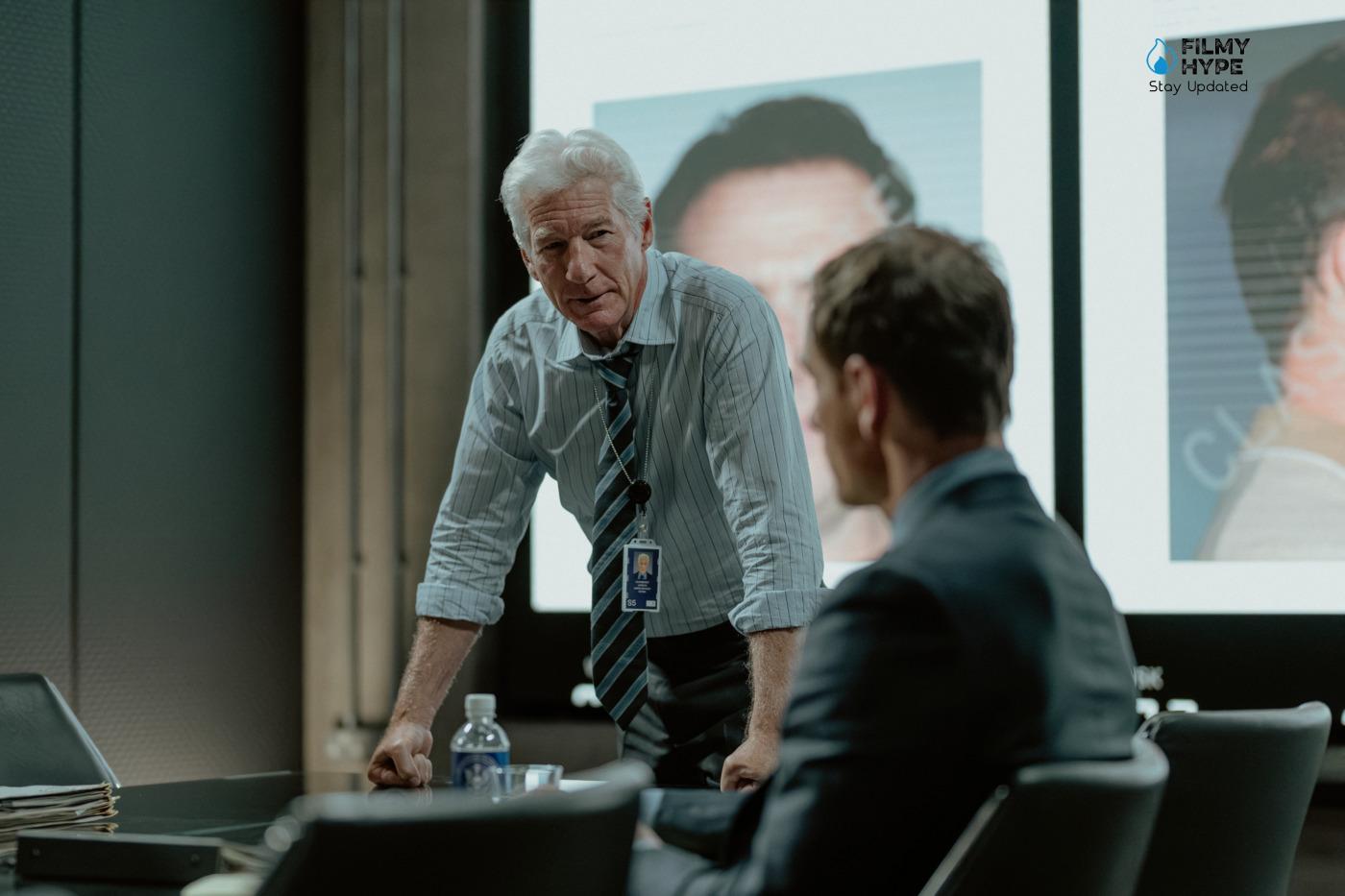
The rest, of course, was adequate to the international political situation, involving the delicate situation in Ukraine. To make a difference, as always, will be the characterization of the characters, starting with Richard Gere whose personality clearly emerges already during the first meeting. Unlike the aforementioned Black Doves and the already renewed The Day of the Jackal, we are faced with a sort of sentimental treatise on the work of spies. The narrative rhythm is deliberately slow, exploring one character at a time by making them known as we enter one spiral of feelings – as well as events – intended to influence the professional choices of the protagonists.
The Agency Series Review: The Last Words
The Agency, an adaptation of The Bureau (Le Bureau des légendes), stands out from traditional spy-thrillers for its intimate and realistic approach. The series explores the human side of espionage, emphasizing the psychological and personal cost of an undercover life. The work of director Joe Wright is reflected in a visual aesthetic that amplifies the themes of duplicity and surveillance, creating an atmosphere of constant tension. However, the narrative suffers from some inhomogeneity in the rhythms and development of the first episodes, leaving room for future improvements. The series questions such clichés, focusing on the human consequences of espionage. Excellent performances, with Michael Fassbender and Katherine Waterston in complex and multifaceted roles. The use of colors and shots reinforces the emotional and psychological contrasts between past and present.
Cast: Michael Fassbender, Katherine Waterston, André Holland, Charlotte Gainsbourg
Created By: Jez Butterworth and John-Henry Butterworth
Streaming Platform: Showtime and Paramount+
Filmyhype.com Ratings: 4/5 (four stars)





